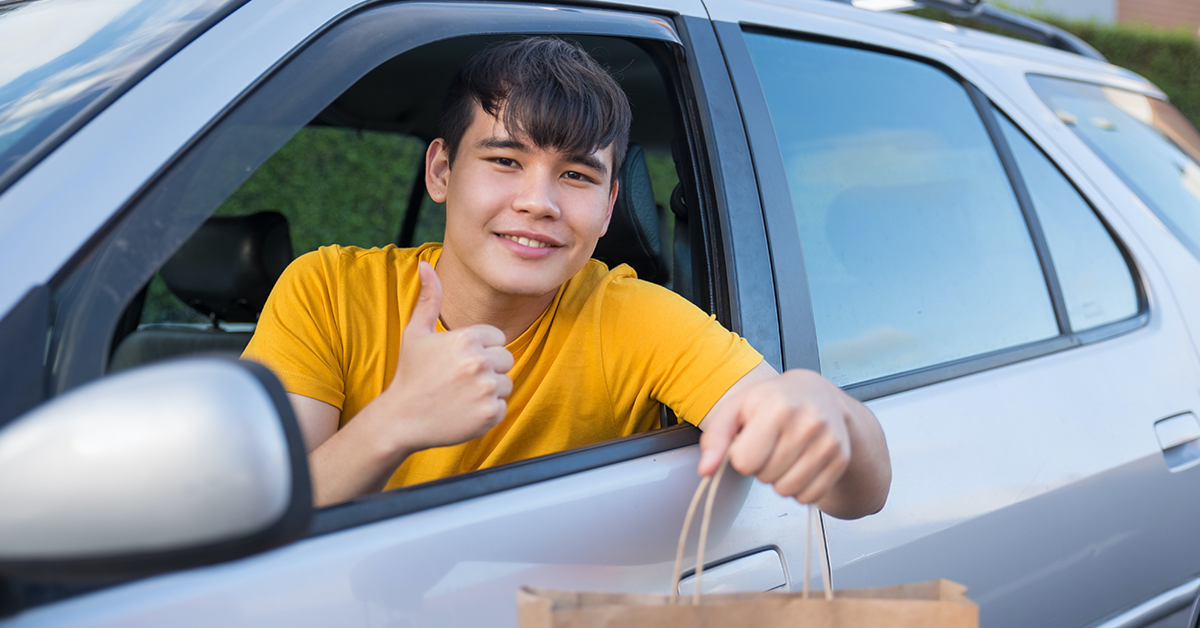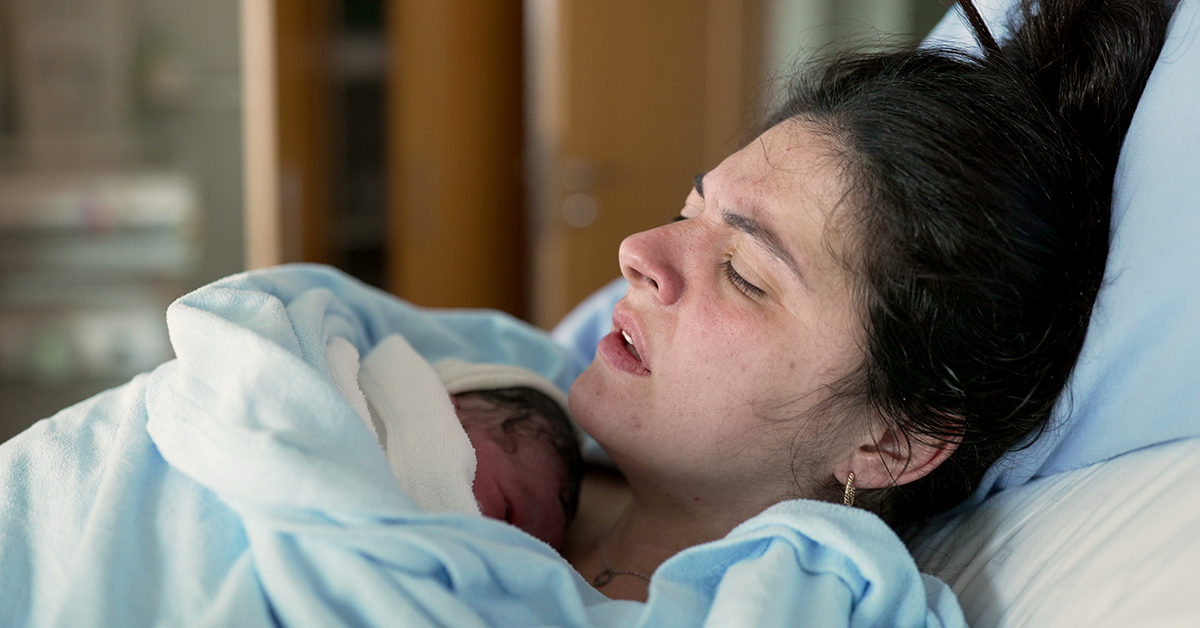Food delivery services have existed for decades, but in the digital era, services such as Uber Eats and DoorDash have been particularly successful.
By: Joseph Swartz
Senior Trial Attorney – Personal injury, Wrongful death, Products liability, Medical malpractice, Brain injury, automobile liability and premises liability
Food delivery services have existed for decades, but in the digital era, services such as Uber Eats and DoorDash have been particularly successful. Although the COVID-19 pandemic undeniably played a role in the growth of these services in recent years, even pre-pandemic, they were thriving.
However, while these services are convenient, they also put more drivers on the road. Statistics indicate that when motor vehicle traffic increases, accidents become more common.
Additionally, drivers for food delivery services are often paying close attention to GPS navigation tools to ensure they reach their destinations in a timely manner. While this is understandable, paying attention to GPS navigation instead of focusing on the road is dangerous. There is also reason to believe that some drivers for these services might speed or engage in other unsafe behaviors at the wheel in an effort to make as many deliveries as they can during a shift.
Causes of Accidents Involving Food Delivery Drivers in Massachusetts
Companies whose employees or contractors deliver meals and groceries to customers have a responsibility to ensure they only hire drivers who are qualified for their positions. The problem is, these companies often have fairly lax requirements for filling these roles.
For example, in Boston, Uber Eats drivers only need to be 19 years of age to deliver meals by car. To deliver for Door Dash, a driver only needs to be 18 years old.
Multiple studies have shown that drivers between the ages of 16 and 19 tend to be involved in accidents more often than older drivers. It’s easy to understand why this may be so. Operating a motor vehicle is not a natural skill. Young drivers are still learning how to avoid hazards that can result in accidents.
Other factors that can increase the chances of Massachusetts food delivery drivers being involved in accidents include the following:
- Customer ratings: Theoretically, allowing customers to rate the quality of the service they receive when ordering from food delivery companies is beneficial to both the customer and the service. It can potentially allow customers to inform food delivery companies when a driver is not fulfilling their duties while also helping employers more accurately determine if a driver should continue being employed with their company. However, drivers may feel pressure to maintain a strong customer rating, feeling as though they must make deliveries very quickly in order to do so.
- Distraction: The National Highway Traffic Safety Administration has found that accidents resulting from distracted driving have been on the rise in recent years. Most researchers agree this trend is due to the increased ownership of smartphones and other such devices. When a driver is using a digital device, they can’t pay attention to the road or the behavior of other motorists. Unfortunately, many drivers for food delivery services in Massachusetts are too busy following the directions of GPS navigation tools to focus on their driving. While these tools should help a driver reach their destination safely, they can have the opposite effect.
- Drive time: The more time a driver spends at the wheel, the greater their odds of being involved in an accident. It’s a simple but well-documented fact. Thus, if a delivery driver has been making deliveries for several hours, they may be at a fairly high risk of being harmed or causing harm.
Because services such as Uber Eats and Door Dash are still fairly new, there is limited data regarding whether drivers for these services are more likely than others to be involved in accidents. That said, the data that is available does suggest accident rates among food delivery service drivers may be relatively high.
Companies whose employees or contractors deliver meals and groceries to customers have a responsibility to ensure they only hire drivers who are qualified for their positions.
What to Do if You Are Involved in an Accident With a Food Delivery Driver in Massachusetts
If you are ever involved in a motor vehicle accident or pedestrian accident with a food delivery driver, your first priority, if possible, should be to move to a safe place away from traffic. Also, if your injuries do not prevent you from safely doing so, you should also:
- Check on the other drivers involved in the accident to ensure they are unharmed
- Contact the police to officially report the accident
- Take pictures of the scene and your injuries
- Get the names and contact information of anyone who may have witnessed the accident
- Cooperate with police while they investigate the accident
Next, see your doctor immediately, even if you don’t think you have been injured. It’s possible to sustain injuries in a motor vehicle accident that may not be noticeable right away. You must confirm that you are not in need of further medical treatment or monitoring.
After seeing a doctor, strongly consider meeting with a Massachusetts food delivery driver accident attorney. Schedule a free consultation with Swartz & Swartz by calling our offices at (617) 742-1900 or contacting us online to learn more.
Joseph A Swartz is an accomplished trial attorney with over 35 years of experience litigating cases in New England and around the country focusing in the areas of personal injury, including but not limited to wrongful death, products liability, medical malpractice, brain injury, dram shop (liquor) liability, automobile liability and premises liability.
Need Help?
If you or someone you know, needs help from a lawyer, contact the law offices of Swartz & Swartz, use our live chat, or send us a message using the form below and we’ll get in touch to assess your case and how we can help.
Keep Reading
Want more? Here are some other blog posts you might be interested in.





